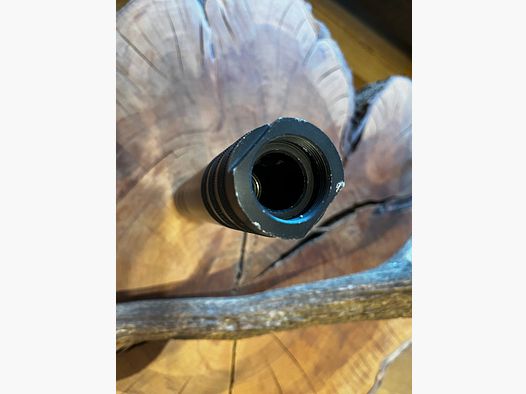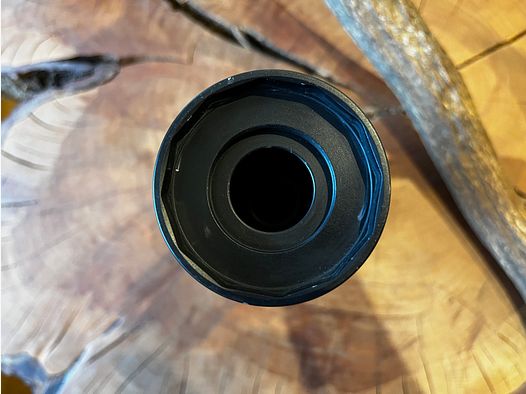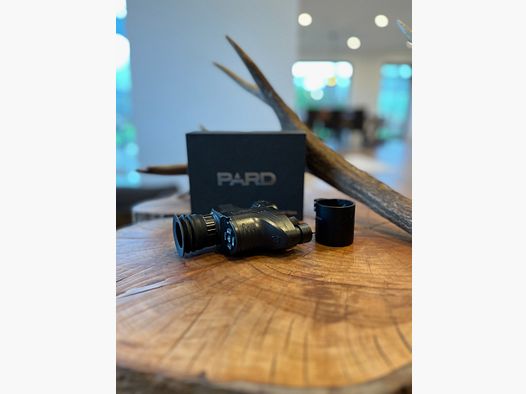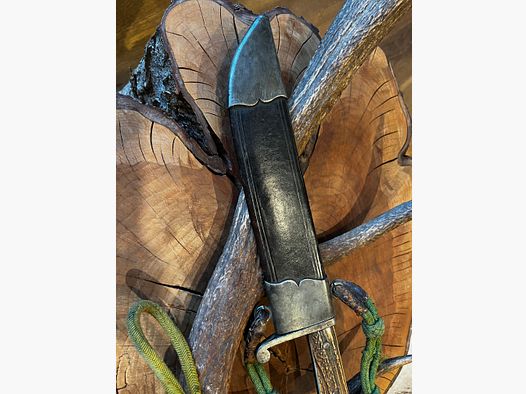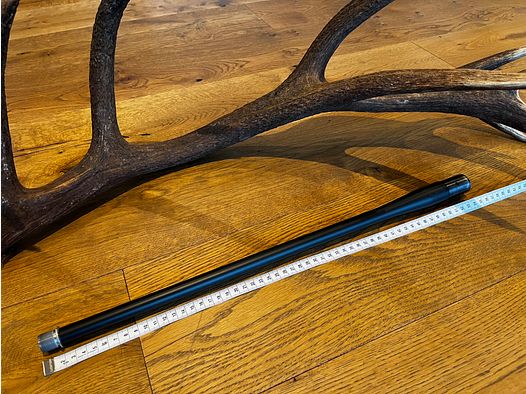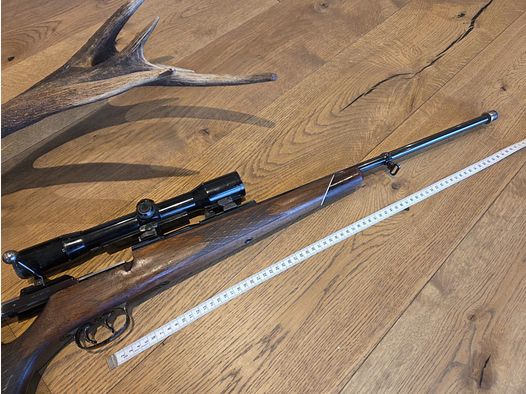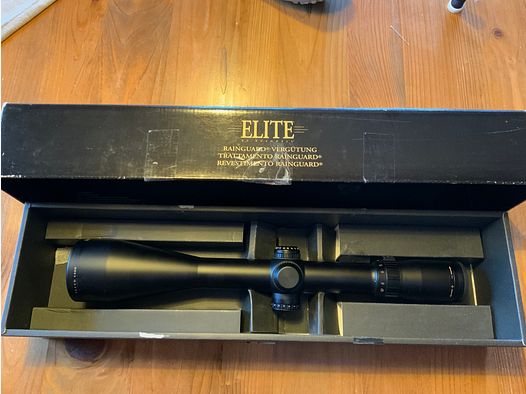The law protects vertebrates from intentional killing without good reason. To protect young wildlife, especially fawns, there are various rescue measures. Some regulations, such as the State Nature Conservation Act of North Rhine-Westphalia, recommend mowing large areas from the inside out. Technological solutions, such as optical sensors on the mower or drones with thermal imaging cameras, can be effective. It is also helpful if hunters with dogs scour the fields before mowing or if deterrent measures are employed.
A ruling by the District Court of Trier in 2005 confirmed the responsibility of farmers regarding animal welfare. In this case, a farmer continued to mow despite a warning from a hunter and killed two fawns in the process. The court ruled that the farmer owed the hunter compensation equal to the value of the living animals as well as a reimbursement fee. The hunter argued that he was entitled not only to the value of the meat of the animals but also to their breeding value, as he intended to keep the animals alive.
Violations of animal welfare regulations can lead to significant criminal consequences, including fines and probation sentences of up to one year. It is therefore crucial that farmers take all necessary precautions to ensure the protection of wildlife during their agricultural activities.
There may even be criminal consequences. There have already been convictions of up to one year in prison.






